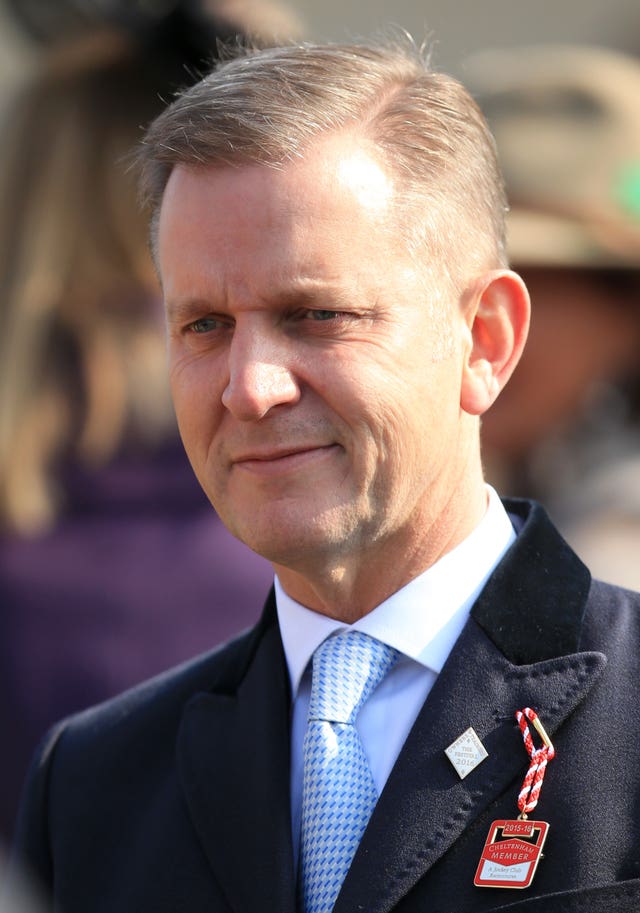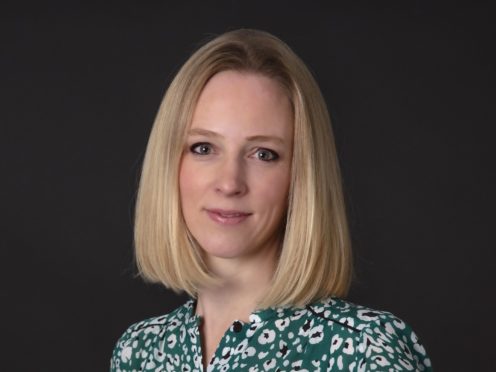The chief executive of a leading media charity has urged the Government to broaden its inquiry into reality TV to include those working behind the camera.
The Digital, Culture, Media and Sport (DCMS) Committee launched an inquiry into the popular TV format following the death of Steve Dymond, a participant on ITV’s axed Jeremy Kyle Show.
Senior executives from ITV were first to give evidence to the probe on Tuesday but Kyle – who hosted the show for 14 years – declined to appear.

Alex Pumfrey, who fronts the UK’s Film and Television Charity, welcomed the inquiry but said more could be done.
She asked the committee to “widen its scope” to include the 180,000 cast and crew working across the sector.
She said: “As the charity for the television and film industries we welcome today’s inquiry into the wellbeing of some of those involved in our sector.
“However, we feel that the committee should widen its scope to explore the potentially harmful impacts on people working on reality formats and across the sector more broadly.”
She added: “We already know that the highs and lows of the screen industries can take their toll on the people working to keep the cameras rolling.
“The suicide of a well-loved colleague from the film community in 2017 was the catalyst for our new Film & TV Support Line which has since received over 2,000 calls.
“The stories of stress and strain that we hear every day through this service continue to shine a light on an uncomfortable truth when it comes to the wellbeing of those working in this sector.
“Which is why we encourage the committee to examine the experiences of the 180,000 people working in the sector.”
The charity recently launched The Looking Glass, a survey aiming to offer an in-depth analysis of the mental health and wellbeing of the UK’s film and TV workforce.
The DCMS inquiry will invite a range of former participants and programme-makers to give evidence over the coming months.
